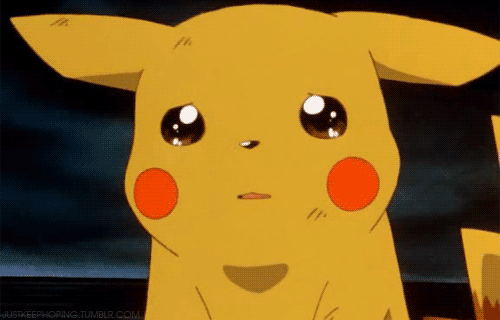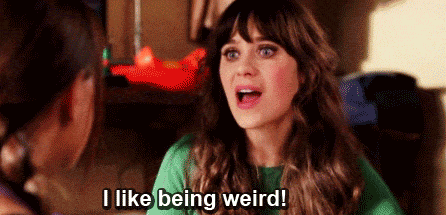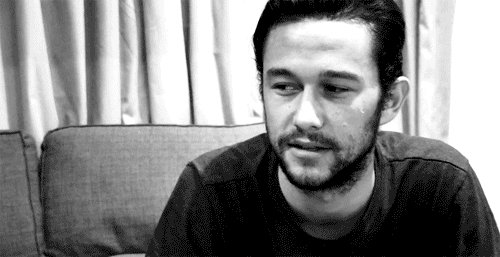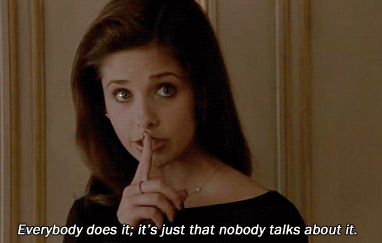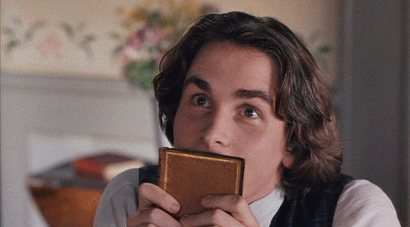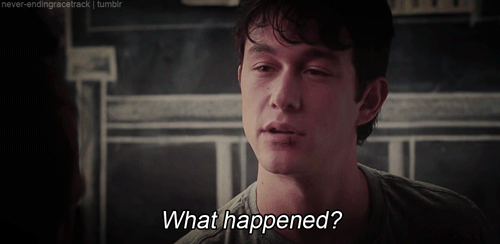"I began to think that American loneliness is a completely different creature from anything we experience in this country, and it makes me glad to be Japanese. The type of loneliness where you need to keep struggling to accept a situation is fundamentally different form the sort you know you'll get through if you just hang in there. I don't think I could stand the sort of loneliness Americans feel."
If you've been reading this blog for any amount of time at all, you'll know all about my love for Japanese authors, the things they write, and Japan in general. This means that I'm always willing to try a new Japanese author, and when Kayleigh came back from Japan earlier this year, filled with news of this other Murakami, I made it my single minded mission to seek out and read this book.
This was easier said than done. Go to any big bookshop and you'll find a whole row of Haruki Murakami books, but Ryu? Not so much. The only time I saw this before I actually bought it, I was in Foyles and got paralysed by the amount of choice there was (so, like, 5 of his books?) and then I couldn't decide between getting this book- because all my friends were reading it- or one of his bigger books because more pages=better value. When I saw it again, it was the only one they had, and that pretty much made up my mind for me.
But ENOUGH about the shocking lack of diversity in Japanese authors available in this country! Onto the book. In The Miso Soup is completely different to any book I've read by any Japanese author before. The front of my copy says "Reads like the script notes for American Psycho- the Holiday Abroad," and while that's way more spoilery than I think it probably should be, it's not completely inaccurate. However- I have long given up on Bret Easton Ellis because I think he has long given up on the human race, and I don't think that's Murakami's game at all. But I'm getting a little bit ahead of myself.
In the Miso Soup is the story of Kenji and Frank. Kenji is a tour guide for the sex industry in Tokyo, and Frank is an American tourist, looking for some, you know, sex. Almost immediately, Kenji starts to feel uneasy about Frank and his actions, and starts to wonder if he's responsible for some recent murders in Toyko. That's very much the premise for the rest of the book that I can't really talk about, but suffice to say there's a massive amount of build up, and tension, and all sorts of other dramatic stuff that makes this book so damn good.
And then there's a scene that I can't talk about but oh my god. You'll know what I'm talking about when you read this (read this) so all I'm going to say about it now is OH MY GOD. I'm only saying this because I was very unprepared for it and so yes. Wow.
Let's see, what can I talk about? If the other books I've read by Japanese authors are sad and deep and kind of weird, then In the Miso Soup looks at a different side of Japanese culture. The women involved in the sex industry seem to think very little about what they're doing, and there's not a lot of regret or emotion displayed about what they're doing. The ubiquity of selling sex for money is something that's mentioned a lot, and there's not much comment passed either way on the morality of it all.*
There's also some good stuff here about the difference between American and Japanese cultures. Kenji switches between being alternately disgusted by the Japanese AND American cultures, but that's just the 20 year old cynic in him speaking. The above quote is a good one on the difference between American and Japanese loneliness, and I think it has a lot to do with the difference between American (and just Western) individualism and Japanese (or Eastern) collectivism, about which I have lots of thoughts that I won't bore you with here. The point specifically though: loneliness is harder to bear in America because you're supposed to be the centre of the universe and if no one wants to be around you then you're nothing. In a more collectivist culture, it's easier to bear, because you as a person are not supposed to be everything there is. Or maybe you're just too numbed to everything to care about the loneliness.
God, I've made this sound much more depressing than it actually is. But really- it's tense, it's exciting, it's a lot of other things that I can't mention because spoilers; and it also gives you the opportunity to learn a LOT of Japanese sex talk, if that's what you're into. Sukebe jijii suki desu ka?
*This isn't supposed to be anti-sex workers or anything, but just the way it's talked about doesn't really involve much in the way of right and wrong, or emotion.
In the Miso Soup is the story of Kenji and Frank. Kenji is a tour guide for the sex industry in Tokyo, and Frank is an American tourist, looking for some, you know, sex. Almost immediately, Kenji starts to feel uneasy about Frank and his actions, and starts to wonder if he's responsible for some recent murders in Toyko. That's very much the premise for the rest of the book that I can't really talk about, but suffice to say there's a massive amount of build up, and tension, and all sorts of other dramatic stuff that makes this book so damn good.
And then there's a scene that I can't talk about but oh my god. You'll know what I'm talking about when you read this (read this) so all I'm going to say about it now is OH MY GOD. I'm only saying this because I was very unprepared for it and so yes. Wow.
Let's see, what can I talk about? If the other books I've read by Japanese authors are sad and deep and kind of weird, then In the Miso Soup looks at a different side of Japanese culture. The women involved in the sex industry seem to think very little about what they're doing, and there's not a lot of regret or emotion displayed about what they're doing. The ubiquity of selling sex for money is something that's mentioned a lot, and there's not much comment passed either way on the morality of it all.*
There's also some good stuff here about the difference between American and Japanese cultures. Kenji switches between being alternately disgusted by the Japanese AND American cultures, but that's just the 20 year old cynic in him speaking. The above quote is a good one on the difference between American and Japanese loneliness, and I think it has a lot to do with the difference between American (and just Western) individualism and Japanese (or Eastern) collectivism, about which I have lots of thoughts that I won't bore you with here. The point specifically though: loneliness is harder to bear in America because you're supposed to be the centre of the universe and if no one wants to be around you then you're nothing. In a more collectivist culture, it's easier to bear, because you as a person are not supposed to be everything there is. Or maybe you're just too numbed to everything to care about the loneliness.
God, I've made this sound much more depressing than it actually is. But really- it's tense, it's exciting, it's a lot of other things that I can't mention because spoilers; and it also gives you the opportunity to learn a LOT of Japanese sex talk, if that's what you're into. Sukebe jijii suki desu ka?
*This isn't supposed to be anti-sex workers or anything, but just the way it's talked about doesn't really involve much in the way of right and wrong, or emotion.


